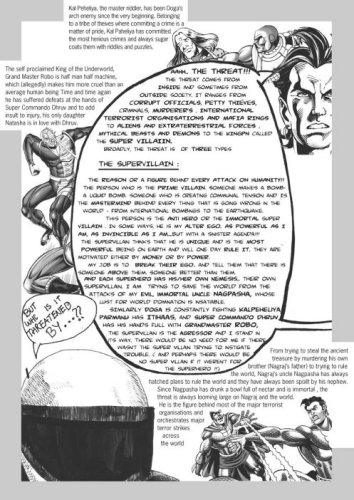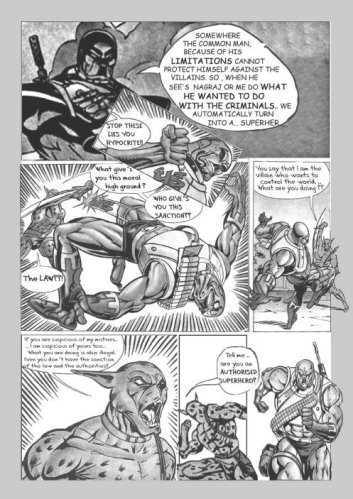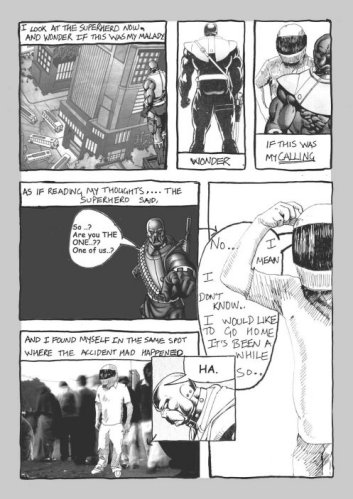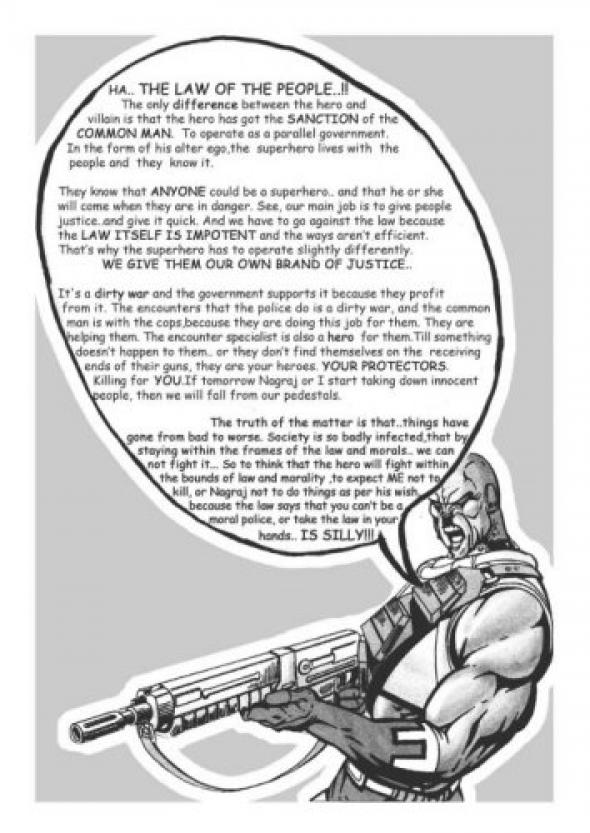One World, One Lie: Tibet, the Olympics and Democracy
The fate of Tibet and its unelected superstar figurehead has captured the attention of Western liberals, not to mention the US government. But the real fascination of Tibet is not its exoticism but its similarity to the rest of an undemocratic global system, argues Paula Cerni.
Early this July, the Dalai Lama's envoys returned empty-handed from Beijing. In their first official talks with the Chinese government since protests and riots rocked Tibet in March, the two parties could only agree to meet again in October - once the spotlight of the Olympic Games has dimmed away. The Dalai Lama was disappointed, and so were many Western supporters of Tibetan freedom.
Perhaps, as Slavoj Žižek suggests in a recent article, those supporters are guilty of imprisoning Tibet in their New Age fantasies.1 ‘Our fascination with Tibet makes it into a mythic place upon which we project our dreams', he says. But Tibet's symbolism has less to do with hedonist spirituality than with the harsh realities of life under global capitalism.
Tibet fascinates us not because it is exotic, but because it is becoming more like us, and we are becoming more like it. In just a few years, modernisation has forced upon it contradictions we all recognise. Money and people have poured in, new communication and transport links have opened up, and rates of growth have been high even by Chinese standards. But these changes have also sharpened social inequalities, provoked ethnic conflict, and strengthened the power of elites.
Walk around the streets of Lhasa and you will see shiny new office buildings, shopping malls brimming with goods, and people texting on their mobile phones. You will also see glimpses of the poverty that plagues many Tibetans. But you won't see any independent political organisations, any legal protests or demonstrations against the regime, or any free press. As with the rest of the planet, only more so, capitalism demands political submission while dangling its trinkets in your face.
The most unsettling thing about China, Žižek rightly says, is that her brand of capitalist authoritarianism might be the fate awaiting us all. Could it be, he asks, that ‘democracy, as we understand it, is no longer a condition and motor of economic development, but an obstacle?'
On the contrary, economic development, as we now have it, is a major obstacle to democracy.
It is true, as Žižek argues, that before the PRC invaded in 1949 Tibet was no better, and in many ways was far worse, than it is today. This point has also been made by Michael Parenti in an essay exploding the myth of friendly feudalism.2 But feudalism, in Asia as in Europe, never pretended to be so friendly; it was always blatantly about the few ruling over the many.
Only modern societies have combined economic exploitation and political oppression with the promise of popular power. ‘We the people' are the first three words of the American Constitution, while its Chinese counterpart declares the people ‘masters of the country'. It was a promise extracted as modernity's real economic and social advances thrust the great mass of the exploited and oppressed onto the stage of public life. It was made under duress, and always meant to be broken.

In Tibet, democracy has been smashed to pieces by the same strong currents of economic change that are sweeping through the rest of the planet - by the surge of new wealth spreading from the developing world, especially from Asia, and by the tide of conflict and division coming in its wake.
Tibet's abundant mineral resources can only be thoroughly exploited by Chinese capital if separatism is suppressed. Already, Beijing is investing massively in Tibetan infrastructure in order to ensure easy and efficient access to them. The Qingzang railway, for example, the first to link Tibet with the Chinese heartland, started to operate in 2006. Simultaneously, the Chinese government is building up a layer of social support by encouraging large numbers of Han Chinese - the ethnic group that makes up over 90 percent of China's population - to migrate to Tibet, often on a temporary basis, and favouring them with the best jobs and opportunities.3
Ethnic Tibetans, then, find themselves persecuted and marginalised just as their region's economy is taking off and its subsoil riches are about to be extracted. For them, as for the immigrants who usually hail from poorer parts of China, it is a desperate scramble to survive and succeed, if necessary by trampling over their competitors. During the recent unrest, Tibetan anger at Chinese oppression was mixed with violent physical attacks on immigrants and lootings of Chinese-owned businesses.
There can hardly be a fair settlement unless ethnic discrimination is removed and the population as a whole have religious, cultural, and political freedom - including the freedom to decide whether or not Tibet should remain part of China. Standing in the way are not only the authorities, but also influential outsiders - the exile organisations represented by the Dalai Lama, and foreign governments.
It is faith in these outside players, as opposed to hope in the capacity of the people to bring about a just and democratic solution, that imprisons many sincere activists, especially in the West, into false fantasies, and, worse still, turns them into unwitting pawns in some very unseemly power games.

I heard the Dalai Lama speak to 50 thousand people at Seattle's Qwest Field Stadium back in April. The sun shone down on a well organised event - while a plane circled above us, pulling a red-lettered banner: ‘Dalai Lama, pls stop supporting riots!'
Tenzin Gyatso, the 14th Dalai Lama of Tibet, knew better than to mention the riots. He was not there to discuss international politics with the American public. He asked us to be more compassionate, and reserved his diplomatic moves for a later news conference.
‘I am just one human being', he said, his face beaming at us from the giant electronic display screen. But it is not just any human being who claims to be the divine leader of his nation.
The Dalai Lama has never been elected by the people of Tibet to speak on their behalf. His profile is part customary theocracy, part global superstardom, and part leadership of a self-proclaimed government in exile. Of course, it is really the Chinese authorities who prevent everyone in China, not only Tibetans, from electing leaders. Yet the Dalai Lama has brazenly exploited China's undemocratic ways to assert his own right to negotiate with Beijing over the future of Tibet. His constant advocacy of peaceful dialogue, which helped him win the Nobel Peace Prize in 1989, promotes a political process that completely excludes the local population.
Dialogue in this case is the opposite of democracy. Democracy, by placing power in the hands of citizens, would dispense with both the exiled Tibetan monarchy and the autocratic Chinese state. Hence, much as they undermine and frustrate each other, both parties benefit from pinning all hopes on their exclusive talks.
The Dalai Lama is an astute operator who knows which way the wind is blowing. He appreciates the benefits of Chinese-style capitalism and understands that China will never allow Tibetan independence. He is therefore only proposing a ‘middle way' of autonomy, though at present even this is too much for Beijing. As he said in broken English during his Seattle news conference,
A Tibetan should be a citizen of the People's Republic of China. I mean, a happy citizen of the People's Republic of China. I always feel remaining separate, weak, poor. Instead of that, join thousands of millions of people. Prosperity, dignity. Much better.4
China, he also told reporters, deserves to be a superpower, but in order to become one she needs moral authority. Since moral authority, as everyone knows, is the Dalai Lama's own area of expertise, this was an offer of help to clean up China's image abroad in return for concessions. Right now, Beijing does not appear to need these services, but perhaps one day it will.
If the Dalai Lama has little real interest in popular democracy, foreign governments have even less, as their policies at home and abroad demonstrate. Still, it feels good to point the finger at regimes more crudely undemocratic than their own, and China's appalling record makes an easy target.
Foreign meddling in Tibetan affairs, however, goes much further than this. The Dalai Lama would never bring it up in front of 50 thousand Americans at a football stadium, but during the Cold War his administration received covert funding from the CIA, much of it allocated to guerrilla operations.5

China was then an ideological and political enemy, but still an economic backwater. Today she is the powerhouse of world capitalism. Her competitors are, in equal measure, desperate to do business with her and alarmed at her growing strength. In these circumstances, discretely playing the Tibet card can win them ‘leverage'. And so we find that many Tibetan organisations and solidarity groups are being aided by powerful foreign sponsors, such as America's National Endowment for Democracy, or the Indian authorities who continue to host the Dalai Lama's shadow government, and tens of thousands of Tibetan exiles, on Indian soil.
Still, in Indo-Chinese relations Tibet is a double-edged sword, plunged into the long standing border dispute between the two nations. While India keeps her Tibetan exiles as a bargaining chip, China takes advantage of the cross-border spread of Tibetan Buddhism to claim sovereignty over Arunachal Pradesh, and particularly its Tawang district, which houses an important monastery.6
China is also learning to turn the tables on her other competitors. When pro-Tibetan protesters disrupted the Olympic torch relay in several Western cities - including Paris, London, and San Francisco - Beijing accused them of anti-Chinese racism, and provoked a nationalistic backlash among China's middle classes that included retaliatory protests and calls for boycotts of Western goods. The success of this tactic allowed Beijing to clamp down hard on Tibetans and declare a ‘people's war' against separatists, terrorists, and foreign enemies.
China had found her leverage, quickly turning a major challenge to her rule into a political victory. In its aftermath, foreign governments are getting more cautious about their criticisms of China; the Dalai Lama's envoys are getting frostier welcomes in Beijing; and Tibetans are getting crushed.
Standing for the powerlessness that is everyone's reality, Tibet makes the official motto of the Beijing Olympics - ‘one world, one dream' - finally come true.
Footnotes
1 Slavoj Žižek, ‘Tibet: Dream and Reality', Le Monde Diplomatique, May 2008, http://mondediplo.com/2008/05/09tibet
2 Michael Parenti, ‘Friendly Feudalism: The Tibet Myth', January 2007, http://www.michaelparenti.org/Tibet.html
3 Brad Wong, ‘Dalai Lama: China Can Change', Seattle Post-Intelligencer, 13 April 2008, http://seattlepi.nwsource.com/local/358885_dalaiqa14.html
4 Jim Yardley, ‘Trying to Reshape Tibet, China Sends in the Masses', New York Times, 15 September 2003, http://query.nytimes.com/gst/fullpage.html?res=9B01E7DF163AF936A2575AC0A9659C8B63&sec=&spon=&pagewanted=1
5 ‘Dalai Lama group says it got money from CIA', New York Times, 2 October 1998, http://query.nytimes.com/gst/fullpage.html?res=9C0CEFD61538F931A35753C1A96E958260
6 Abanti Bhattacharya, ‘India reveals flawed Tibet policy', Asia Times Online, 7 December 2007, http://www.atimes.com/atimes/South_Asia/IL07Df01.html
Mute Books Orders
For Mute Books distribution contact Anagram Books
contact@anagrambooks.com
For online purchases visit anagrambooks.com








